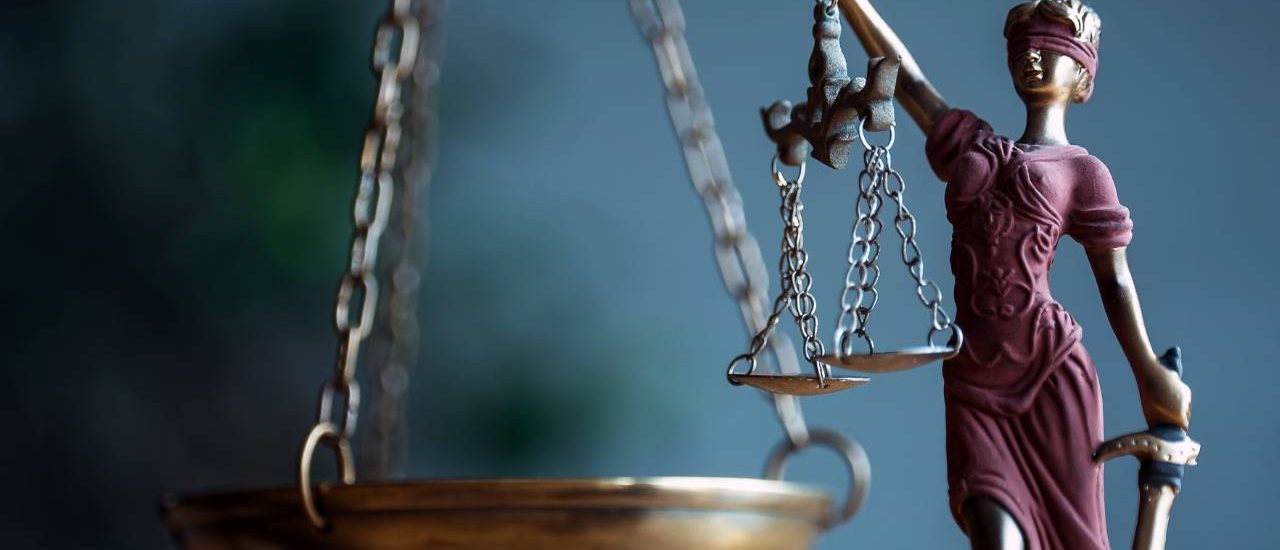Lawyers apply the law to individual cases and use it to defend or bring lawsuits, as well as investigate witnesses and evidence.
The American Bar Association strongly advocates that regulation and oversight of lawyers remain within courts rather than federal agencies or Congress, and has successfully defeated many federal measures that compromise these core principles.
The Board of Bar Counsel
The Board of Bar Counsel oversees New York’s lawyer disciplinary system. It comprises an Appellate Division of State Supreme Court as well as discipline and grievance committees appointed by it, comprising both attorney members and non-attorney members with access to full time staff funded by state funds.
Staff from Disciplinary Counsel investigate complaints submitted by Client Assistance Office and prosecute formal disciplinary proceedings through hearing process, Board review and Supreme Court appeal. Inactive transfers, reinstatement applications, good standing certificates pro hac vice admission and public record requests concerning membership and disciplinary files may also be processed by their staff.
The Board also analyzes legislation, litigation trends and disciplinary practice methods affecting New York legal community. Over 200 ethics opinions have been issued by this body on issues like disposal of privileged records, varied communication with clients or acting “of counsel” in another firm.
The Peer Review Committee
The Commission selects attorneys licensed to practice law in Maryland as members of this committee. Bar Counsel also offers assistance and guidance.
No peer review model can completely eradicate bias; however, certain models reduce it more efficiently than others. Bias can be reduced by including all viewpoints in the process and by limiting who reviews information – both of which are key components of an effective peer review system.
Peer reviews are crucial in protecting health care providers against malpractice lawsuits brought on by dissatisfied patients, yet to be successful, they must adhere to specific procedures so as to keep results confidential and avoid turning well-intended efforts at improving patient care into legal claims against hospitals, physicians and their colleagues. Congress passed HCQIA as an immunizing act for both hospitals and reviewers participating in peer reviews.
The Attorney Grievance Committees
In New York, oversight of attorney conduct falls to the Appellate Divisions of the Supreme Court and Attorney Grievance Committees appointed by these courts. These committees consist of both lawyers and non-attorneys who work alongside full-time professional staff members to investigate complaints of attorney misconduct.
If the Attorney Grievance Committee finds evidence of possible violations to the Rules of Professional Conduct by any lawyer, they may issue a letter of caution, warning, or admonition; these letters will remain private and should be sent only when appropriate.
Dependent upon the nature of the complaint, follow-up questions or requests from committee staff may take time. It is therefore wise to contact an ethics attorney from New York early; leaving a complaint unresolved can result in lost rights.
The Commission
The Commission and its predecessors have collaborated closely with state and national bar associations in developing and improving disciplinary policies. Most states now feature professional disciplinary staffs, centralized intake offices, public hearings and eliminated duplicative procedures; several national organizations formulate standards, provide educational programs, conduct research and maintain national databanks on disciplined lawyers.
The American Bar Association’s commitment to judicial regulation of the profession, coupled with cooperation from local, state, and national bar associations should ensure an efficient disciplinary system. They should abide by the fundamental principles set out in Clark Report and Model Rules for Lawyer Disciplinary Enforcement; both policies should be implemented across every jurisdiction. Furthermore, The Commission believes a comprehensive program of mediation, arbitration, and fee dispute resolution should be included within disciplinary systems; many could be administered by organized bars while some could even be available through state judicial departments.



